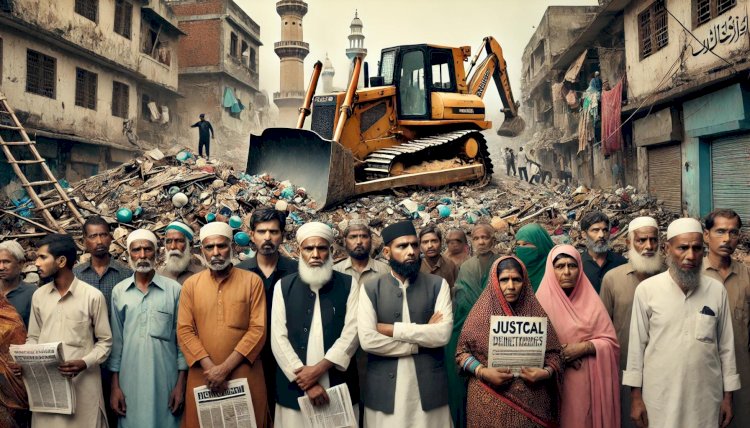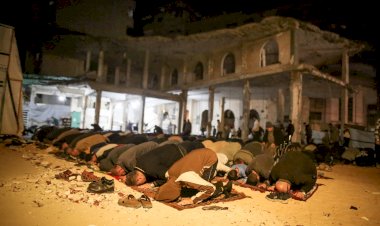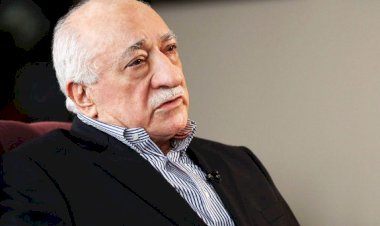India’s Supreme Court Slams'Bulldozer Justice', Victims Call for Compensation
In a landmark ruling, the Supreme Court of India has highlighted the importance of legal procedure in cases involving property demolition. The court firmly stated that authorities cannot demolish a person's property based solely on criminal accusations or convictions. This decision came in response to a recent case where properties were razed in Uttar Pradesh under allegations of criminal activities, sparking widespread criticism and concern about the use of “bulldozer justice.”
The court criticized the practice, stating that “bulldozers remind of lawlessness,” and emphasized that due process must precede any demolition. The judgment follows appeals by victims and civil rights organizations, including Jamiat Ulama-e-Hind, which argued that the demolitions were carried out without prior notice or opportunity for affected individuals to defend their properties. Victims of these actions have sought compensation, arguing that their rights were violated and that their homes were destroyed without the necessary legal framework.
The main petitioner, the Jamiat Ulama-i-Hind, termed the Supreme Court judgment against bulldozer demolitions “a historic verdict” which “set a template for the future”. The court’s verdict underscores that any demolition, regardless of the accusations involved, must be conducted within the bounds of the law, ensuring a fair process for all citizens.
The Hindu newspaper reported that many victims like Rashid Khan of Udaipur and Mohammed Hussain of Ratlam, this judgment feels like a “job half done.” While the Supreme Court’s ruling has been hailed as a victory for civil rights, both men have expressed dissatisfaction, emphasizing the absence of compensation to rebuild their demolished homes. Supported by the Association for Protection of Civil Rights, both victims voiced their struggles. “We are happy with the victory, but it is a job half done. We will fight for compensation,” stated a representative from the Association’s Jaipur office.
Mr. Hussain, a daily wage worker in Madhya Pradesh, described the judgment as an “incomplete victory,” pointing out that while the court declared the demolitions illegal, it did not address compensation. Living under a makeshift roof of plastic and tarpaulin, he recounted his ongoing hardships: “The authorities did not give me a day to pick up my belongings, yet after months of struggle, I still have no compensation. Where do I go now?”
Similarly, Mr. Khan, a 60-year-old tempo driver from Udaipur, whose house was demolished after the son of his tenant was accused of stabbing a Hindu classmate, expressed frustration. “I am happy with the judgment, but it seems like a half victory. The court has pronounced bulldozer demolitions illegal, but without compensation, how do I rebuild? What was my fault?” he lamented.
Their sentiments were echoed by Jamiat Ulama-e-Hind’s president, Mahmood Madani, who remarked, “Compensation should be provided to all those whose properties were demolished without proper legal procedure.”
As victims and activists continue to push for reparations, the Supreme Court’s ruling is seen as a significant step towards safeguarding citizens’ rights, though, as many assert, the battle remains “half won” without adequate restitution for those affected.
This judgment is seen as a crucial reminder of the constitutional guarantee of property rights and the
Disclaimer
The views expressed in this article are the author’s own and do not necessarily mirror Islamonweb’s editorial stance.
























Leave A Comment